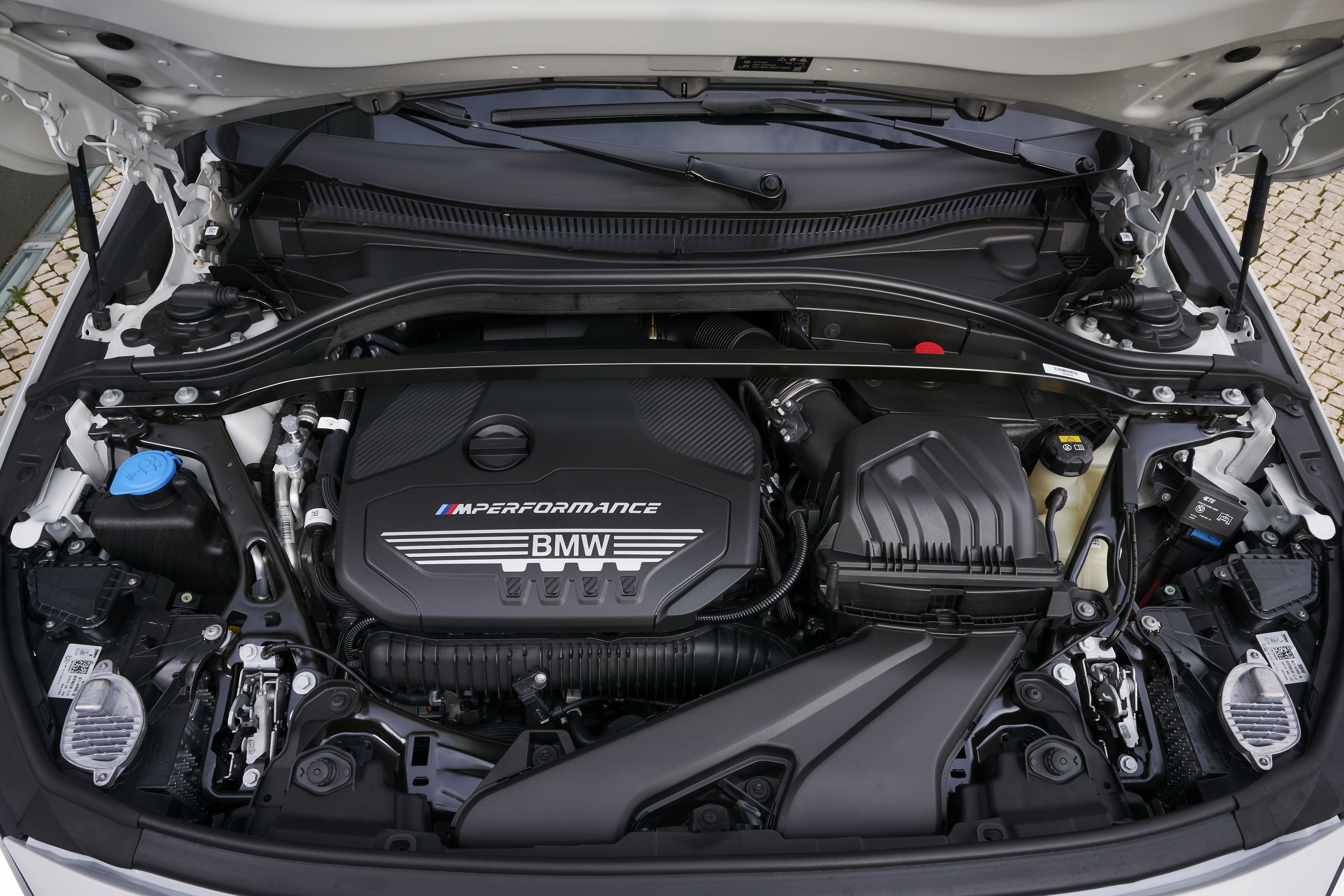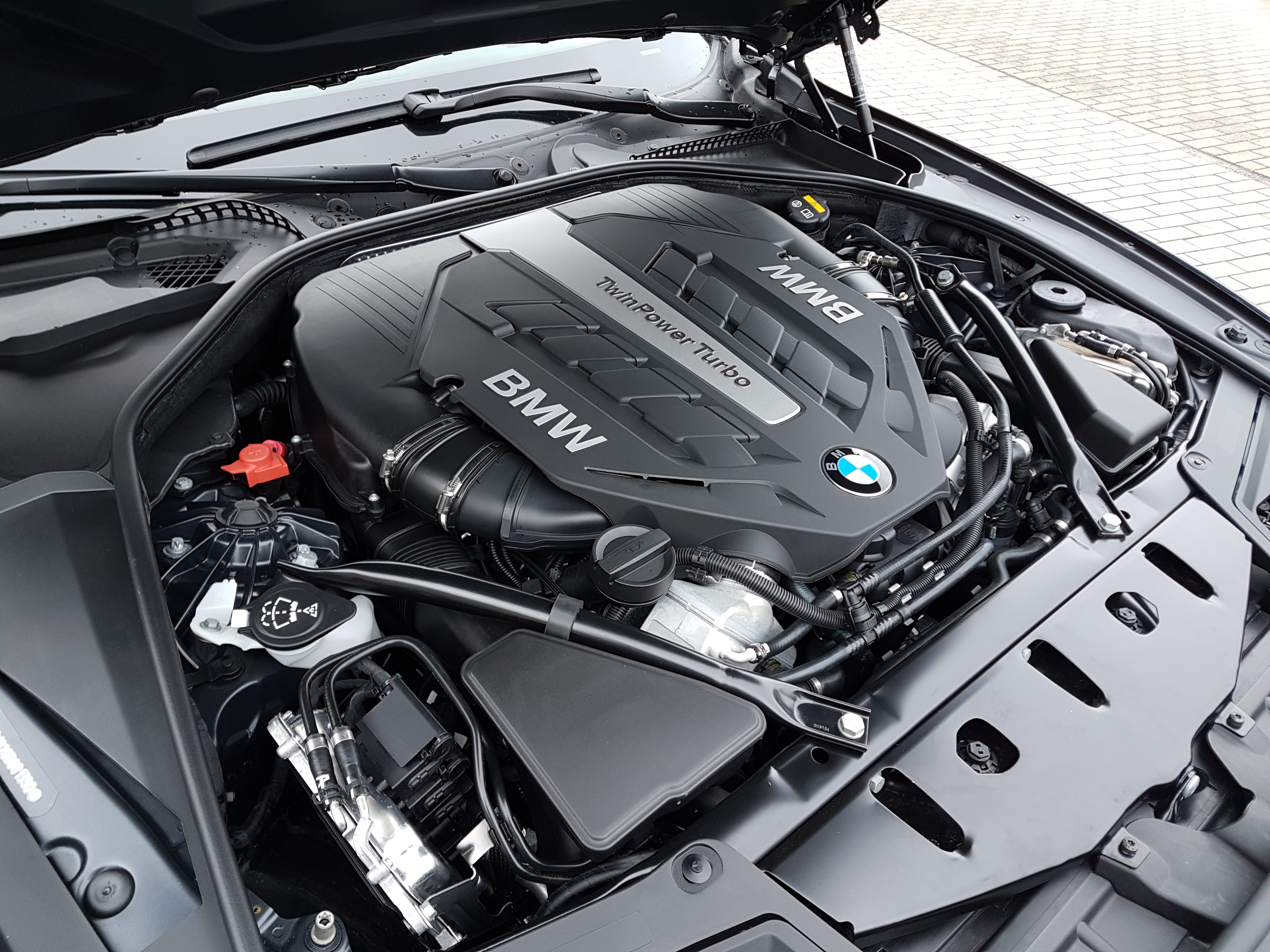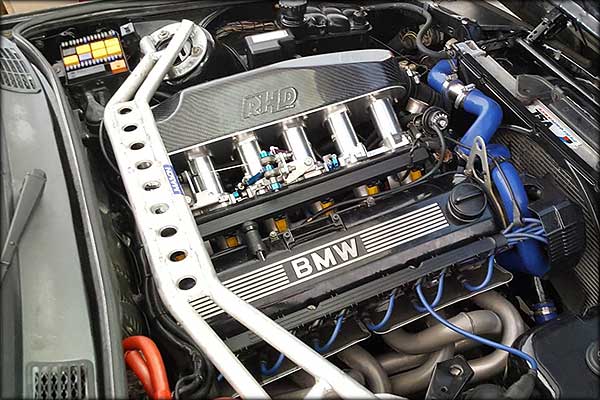Usual Concerns Faced by BMW Engine Owners and Exactly How to Address Them
Usual Concerns Faced by BMW Engine Owners and Exactly How to Address Them
Blog Article
Introducing the Intricacies of Next-Generation Power Units: a Deep Dive Into Advanced Engine Technologies and layouts
In the world of automotive engineering, the ruthless quest of sustainability, effectiveness, and performance has pushed the development of power systems to unmatched elevations. As we depend on the precipice of a brand-new age in transportation, the ins and outs of next-generation engine layouts bid us to check out the advanced modern technologies and advancements that guarantee to redefine the driving experience. From sophisticated materials that press the limits of durability and weight decrease to innovative turbocharging and supercharging systems that elevate power result to brand-new levels, each part of these power systems holds a crucial to opening the future of automotive engineering. Diving deeper into the worlds of discharge control, intelligent engine monitoring systems, and the horizon of power unit growth, we discover ourselves on the cusp of a change that guarantees to reshape the landscape of mobility as we understand it.
Development of Engine Products

The shift towards progressed engine materials has likewise allowed designers to design engines with greater power results while maintaining gas effectiveness requirements. The usage of lightweight materials minimizes the total weight of the engine, leading to boosted gas economy and reduced emissions. Additionally, developments in materials innovation have actually permitted for far better thermal monitoring within engines, causing raised integrity and long life.
Turbocharging and Supercharging Technologies
Just How do Turbocharging and Supercharging Technologies reinvent engine performance and performance in modern-day cars? Supercharging and turbocharging are technologies that significantly boost engine performance by raising the amount of air consumption right into the burning chamber. Turbocharging achieves this by utilizing a generator driven by exhaust gases to pressurize the consumption air, while supercharging makes use of a belt- or chain-driven compressor to achieve the same result.
These modern technologies allow smaller sized, much more fuel-efficient engines to create power equal to bigger ones, known as downsizing. By compeling even more air right into the cylinders, turbocharging and supercharging improve burning efficiency, leading to increased horse power and torque output without a considerable increase in engine dimension. This brings about much better acceleration, pulling ability, and overall driving efficiency.
Moreover, turbocharging and supercharging contribute to improved gas performance by enabling the use of smaller sized engines that consume less gas under regular driving conditions - bmw engine. This combination of improved efficiency and efficiency has made turbocharging and turbo charging integral parts of lots of modern-day engine designs
Emission Control and Environmental Effect
With raising global problems relating to air top quality and ecological sustainability, the implementation of emission control innovations in lorries plays a critical role in decreasing dangerous toxins launched right into the atmosphere. Modern lorries are furnished with innovative emission control systems that assist decrease the environmental impact of automotive operations. Catalytic converters, for instance, are developed to convert toxic gases such as carbon monoxide gas, nitrogen oxides, and hydrocarbons right into much less hazardous materials like carbon dioxide and water vapor.
Moreover, innovations in engine technology, such as the integration of exhaust gas recirculation systems and careful catalytic decrease, have substantially contributed to reducing emissions. These technologies work in tandem to enhance combustion efficiency and reduce the release of harmful toxins right into the air. Furthermore, the advancement of hybrid and electric lorries represents a vital action towards reducing the total ecological impact of the transport industry.
Intelligent Engine Management Equipment

Moreover, these systems enable lorries to satisfy stringent discharges standards without jeopardizing performance, giving a much more environmentally pleasant driving experience. The integration of expert system and machine understanding capabilities in engine monitoring systems continues to press the borders of what is feasible, leading to additional renovations in efficiency, integrity, and overall vehicle efficiency. bmw engine. As automotive innovation breakthroughs, intelligent engine administration systems will certainly play a critical function in shaping the future of transport towards an extra reliable and sustainable direction
Future Trends in Power Device Development
As smart engine monitoring systems lead the means for enhanced control and optimization in modern vehicles, future trends in power device growth are positioned to redefine the landscape of automobile propulsion modern technologies. These alternative power resources supply enhanced effectiveness and performance while lining up with strict environmental regulations.
An additional substantial pattern is the combination of sophisticated materials and manufacturing strategies. Light-weight materials such visit their website as carbon fiber and aluminum are being made use of to minimize general vehicle weight, boosting gas effectiveness and performance. Furthermore, innovations in 3D printing and additive production are enabling the manufacturing of complicated engine components with higher precision and resilience.
Additionally, expert system and artificial intelligence are playing a crucial duty in enhancing power unit efficiency. These technologies enable real-time tracking and flexible control, resulting in more dependable and reliable power delivery. Overall, future trends in power system growth are geared in the direction of efficiency, performance, and sustainability, driving the auto market in the direction of a brand-new era of propulsion modern technologies.

Final Thought
In final thought, the advancements in engine materials, turbocharging, discharge control, and smart management systems have led the way for next-generation power systems. The detailed designs and developments in contemporary engines display the recurring evolution of automobile modern technology.
Exploring the modern improvements in engine products has actually been crucial in enhancing the performance and effectiveness of modern-day engines. Over the years, the advancement of engine products has played a crucial role in pushing the click for source borders of what you could try this out engines can attain.The shift towards advanced engine materials has likewise enabled designers to design engines with higher power outcomes while maintaining fuel performance standards.The implementation of smart engine administration systems in modern-day lorries has actually changed the means engines are regulated and maximized for performance and efficiency. By collecting information in real-time and evaluating it with sophisticated algorithms, intelligent engine management systems can adjust to driving designs, ecological elements, and engine health to make best use of power output while reducing gas intake and discharges.
Report this page